Last month the Doctoral College were in attendance for a UKGCE event. Jamie Chadd – PGR admissions administrator – reports back.
On 28th January I attend a UKGCE workshop at the University of Birmingham focused around the introduction of the new Postgraduate Doctoral Loans offered by the government. The event was well attended considering the forecast of heavy snow in the afternoon, and there was strong representation from a variety of different HEIs.
In attendance were Jon Legg and Charmaine Valente from Student Finance England, which meant the day was a mix of gaining further understanding of the new loans from SFE, alongside providing feedback to them regarding institutional experience of the first academic year the loans had been in place.
I spent the day with staff members from the Universities of East London, Northampton and Kent, and it was interesting to hear their perspective on the loans as well as get a bit of understanding of how they run their PGR services. As you can imagine, the size of the PGR cohorts were all quite different, which meant we had all had varying levels of experience with the loans so far.
The morning covered course and student eligibility for the Doctoral Loans. It was made very clear to us that we should remember that these loans were considered a contribution to costs for PhD students, recognising that £25,000 does not cover the full cost of a doctoral programme. The estimation of take-up for the 2018/19 academic year was 10,300 rising to 12,300 in five years’ time.
We were told in detail the strict eligibility requirements regarding previous levels of study, domicile, and concurrent funding. An important point of clarification was made regarding students who are, or may be, in receipt of Research Council funding – students should only apply for the loan if they have no intention of applying for such funding. If a student should apply for such funding later in their course (after taking out a loan), their eligibility for the loan will cease and they will receive no further payments.
In the afternoon we covered some qualitative research on the impact and perception of the Postgraduate Doctoral loans. Dr Billy Bryan presented some results from his study on how the loans could change the value of the UK doctorate. This led to some interesting discussions about whether the loans represent an even higher risk for an increasingly risky degree pathway. In groups we also reflected on the aspects of mental health and self-worth for PhD students who were funding themselves via the loan, and if there were potentially undue negative implications post-doctorate for those that loan-funded awards versus those funded via Research Council funding.
Mark Bennet, who is Head of Content at FindAUniversity, presented results from a survey undertaken on the perception of loans, which was run in the summer of 2018 – before the first set of loan-funded students enrolled across the UK. There was a generally positive perception about the loans, with 51% of the 369 respondents predicting the loans would make doctoral study more accessible.
The most distinct trends from the research showed that the most positive perceptions about the loans came from potential part-time students, and from students wanting to study in the Arts & Humanities. This was highly indicative of two things: firstly, the loan was seen to be useful by people who wanted to undertake flexible part-time study, presumably as it also gave them time to work to further assist in funding their doctorate. Secondly – and perhaps unsurprisingly – was the positive response from Humanities students, an area that traditionally offers less in the way of research funding opportunities.
We managed to finish a little early, giving us all time to try and make an earlier train, as the snow was coming thick and fast by now. Reflecting back on the day on the journey home, I’d highlight that it would be difficult to get any real understanding of the impact of the loans until the 2018/19 cohort were in the stage of completing their PhD’s. However, there may be opportunities to ensure we are more transparent and responsible with how we market the loans during the admissions and applications process. There is also a case for tracking how students are funded in greater detail, so that when we produce data on our completion rates or student numbers, we are able to see the impact of the loans more clearly.
If you’ve got any questions about applying for a postgraduate research degree at BU, please email PGRadmissions@bournemouth.ac.uk


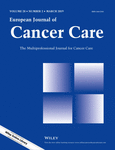

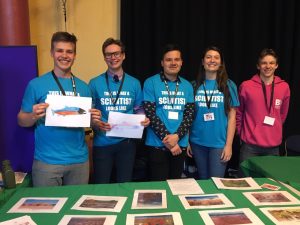
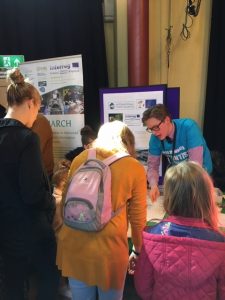
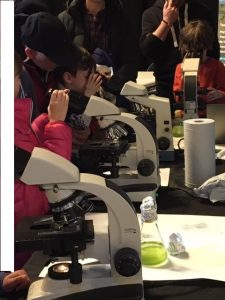


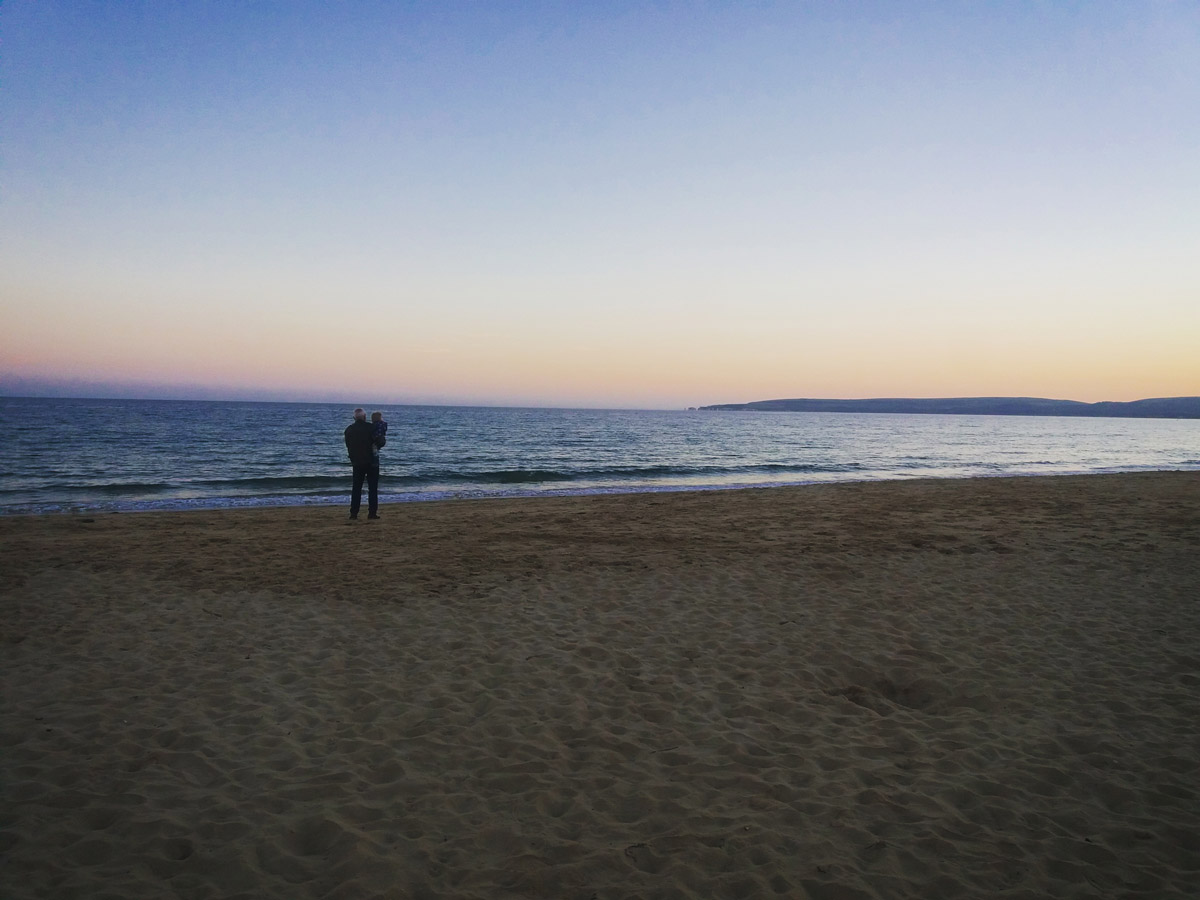


 Education is changing – but what does this look like in practice? What does the future of learning hold for students? At Bournemouth University we are responding to research that considers how teachers of the future will work with their classes.
Education is changing – but what does this look like in practice? What does the future of learning hold for students? At Bournemouth University we are responding to research that considers how teachers of the future will work with their classes.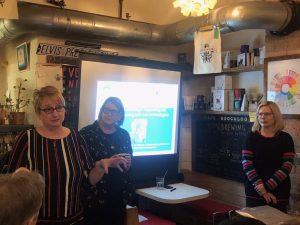
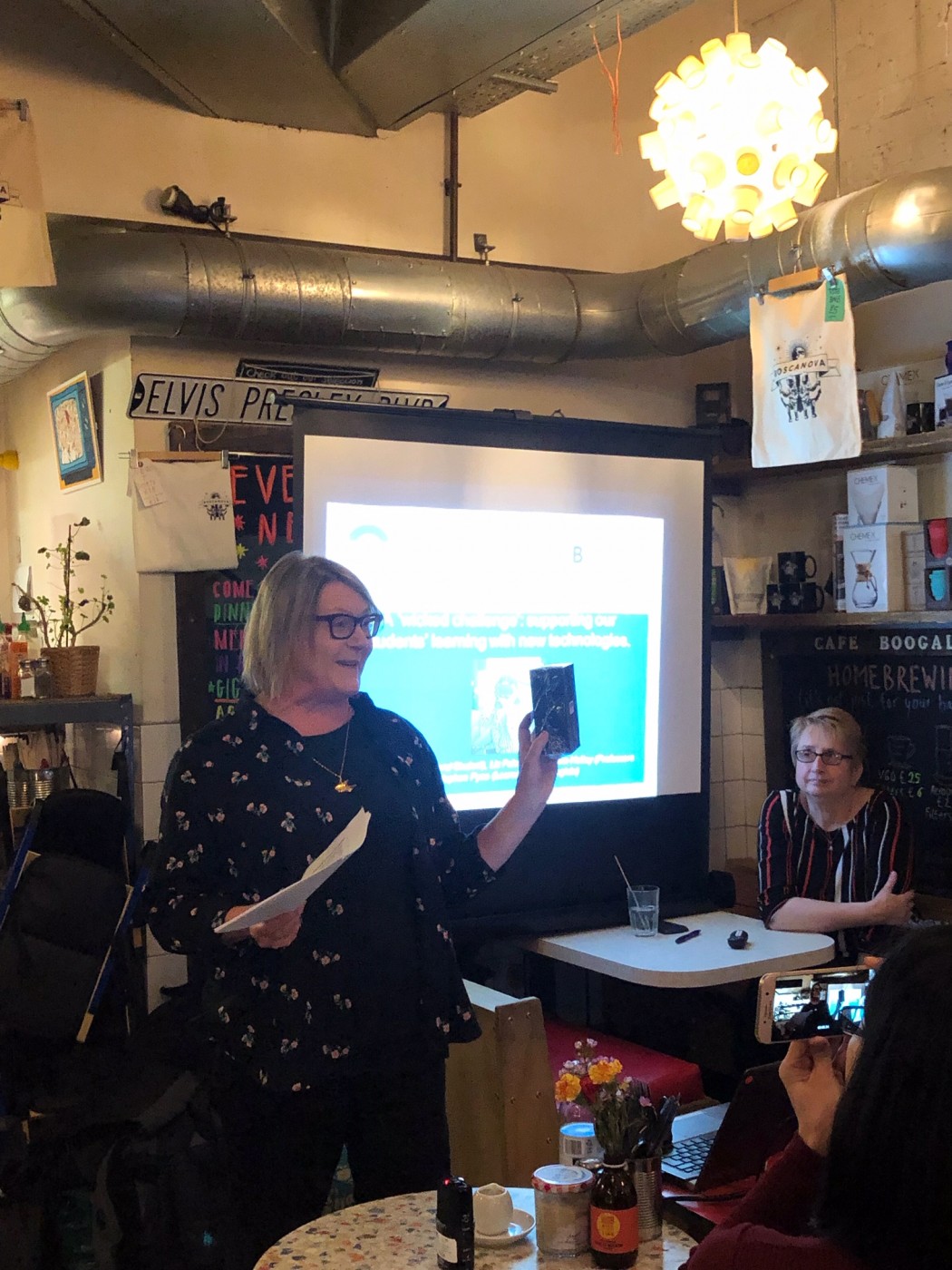
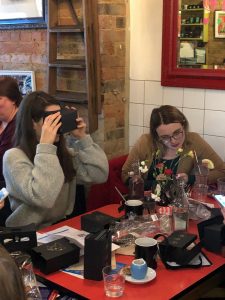
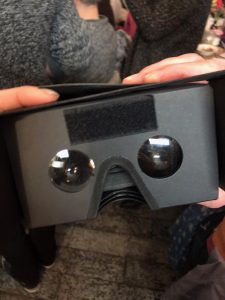
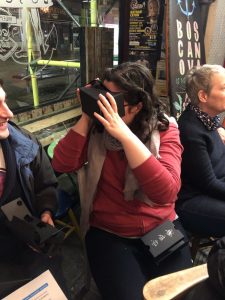
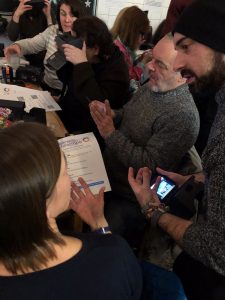
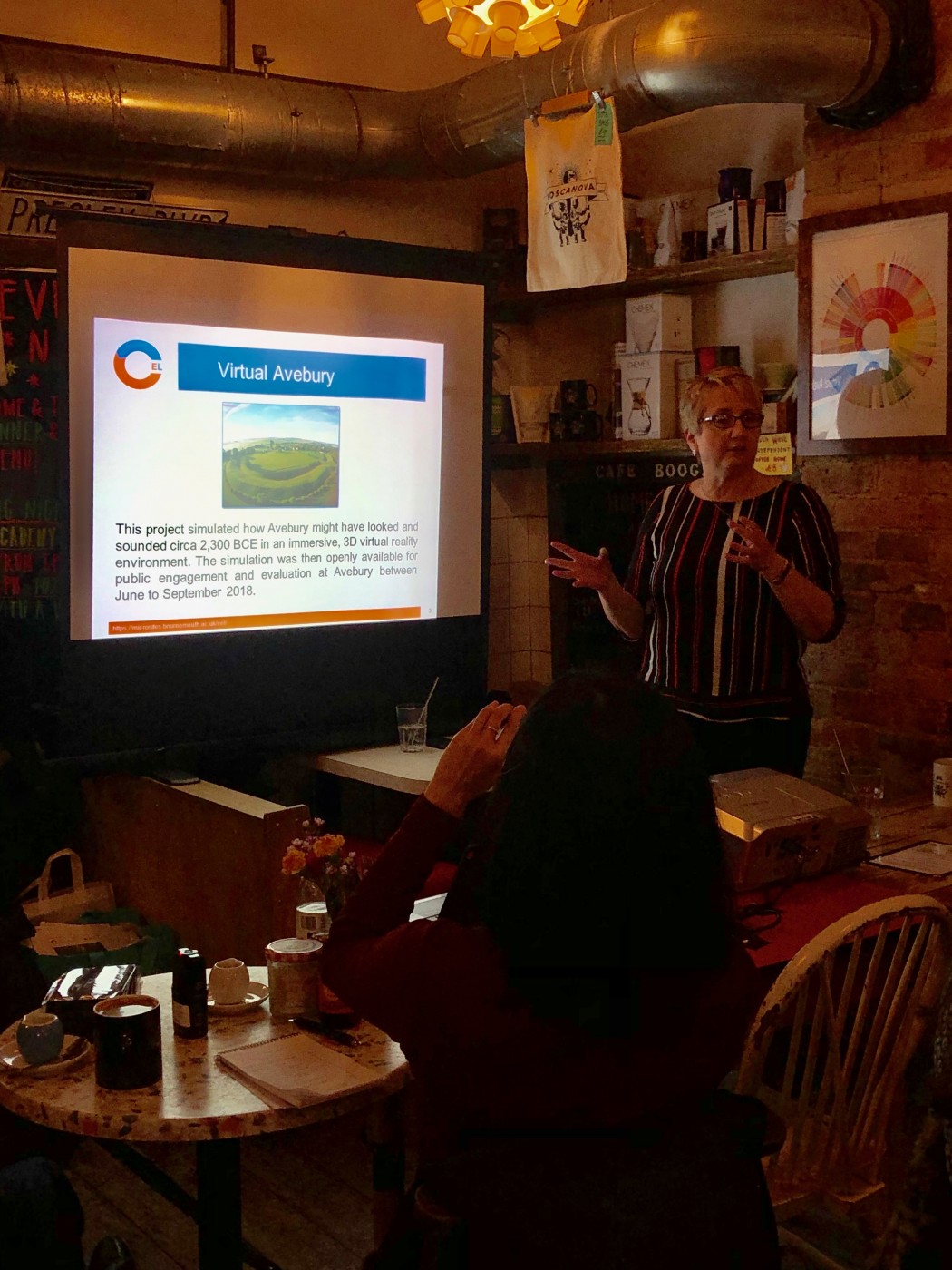 Not only did people enjoy visiting the VR Avebury, but for some it brought out an emotional reaction as they felt they had experienced some of what it would have been like to have visited the ancient site when it was still complete. One of the participants said; “I felt completely immersed in the landscape. It was really interesting to see the difference between the real stones outside and the simulation. The difference between the sizes of the banks and ditches was particularly striking!” Liz concluded with her favourite finding; that women over the age of 60 were the third most likely group to enjoy gaming (mostly on their mobile phones). It reminds us all not to pre-judge what we think people will find enjoyable and useful as a learning experience.
Not only did people enjoy visiting the VR Avebury, but for some it brought out an emotional reaction as they felt they had experienced some of what it would have been like to have visited the ancient site when it was still complete. One of the participants said; “I felt completely immersed in the landscape. It was really interesting to see the difference between the real stones outside and the simulation. The difference between the sizes of the banks and ditches was particularly striking!” Liz concluded with her favourite finding; that women over the age of 60 were the third most likely group to enjoy gaming (mostly on their mobile phones). It reminds us all not to pre-judge what we think people will find enjoyable and useful as a learning experience.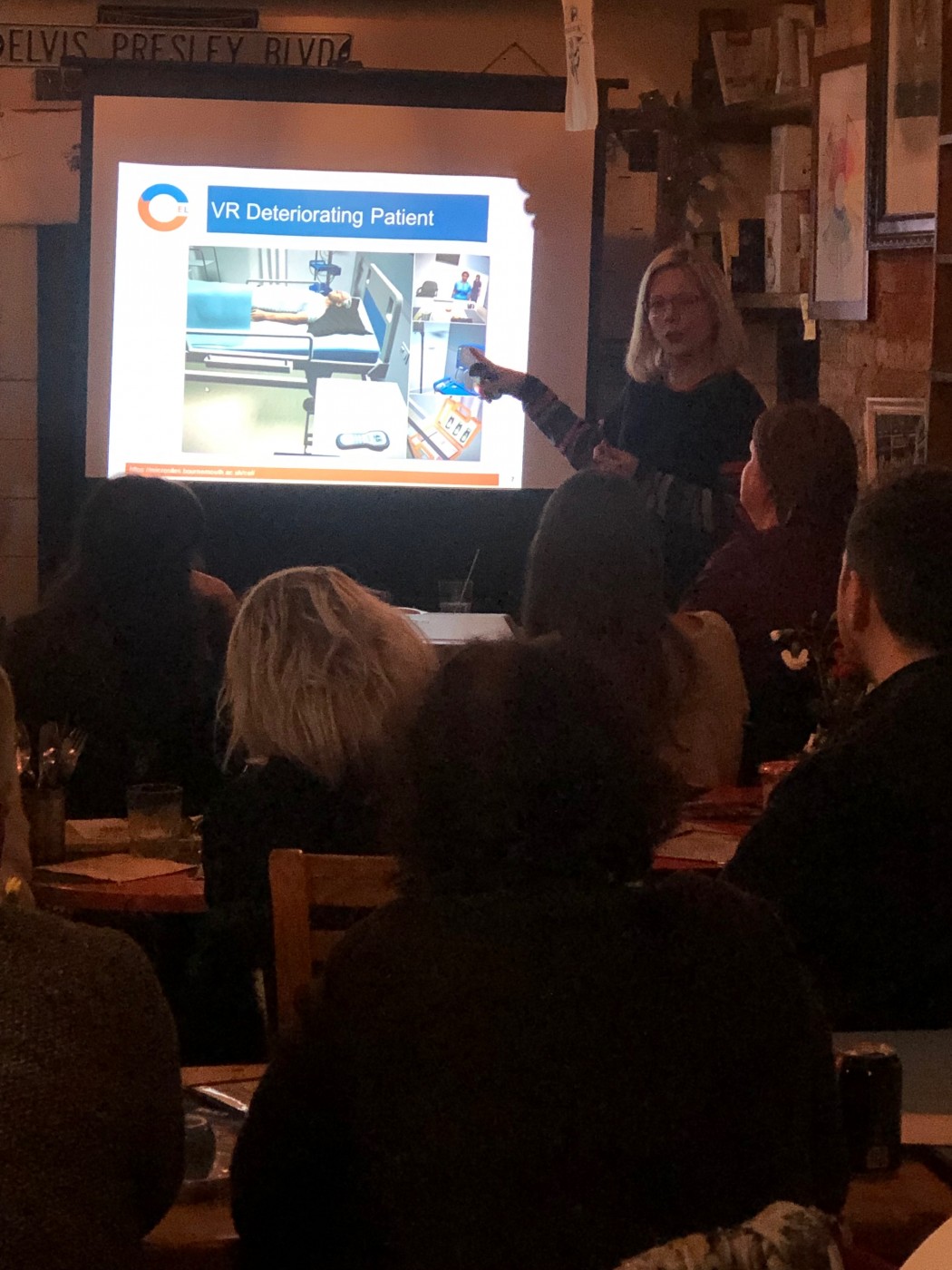
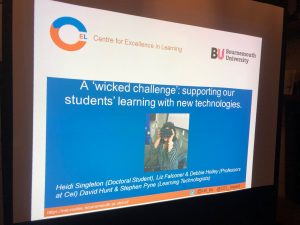 If you’re interested in finding out more about VR, AR or 360 Video you can contact the
If you’re interested in finding out more about VR, AR or 360 Video you can contact the 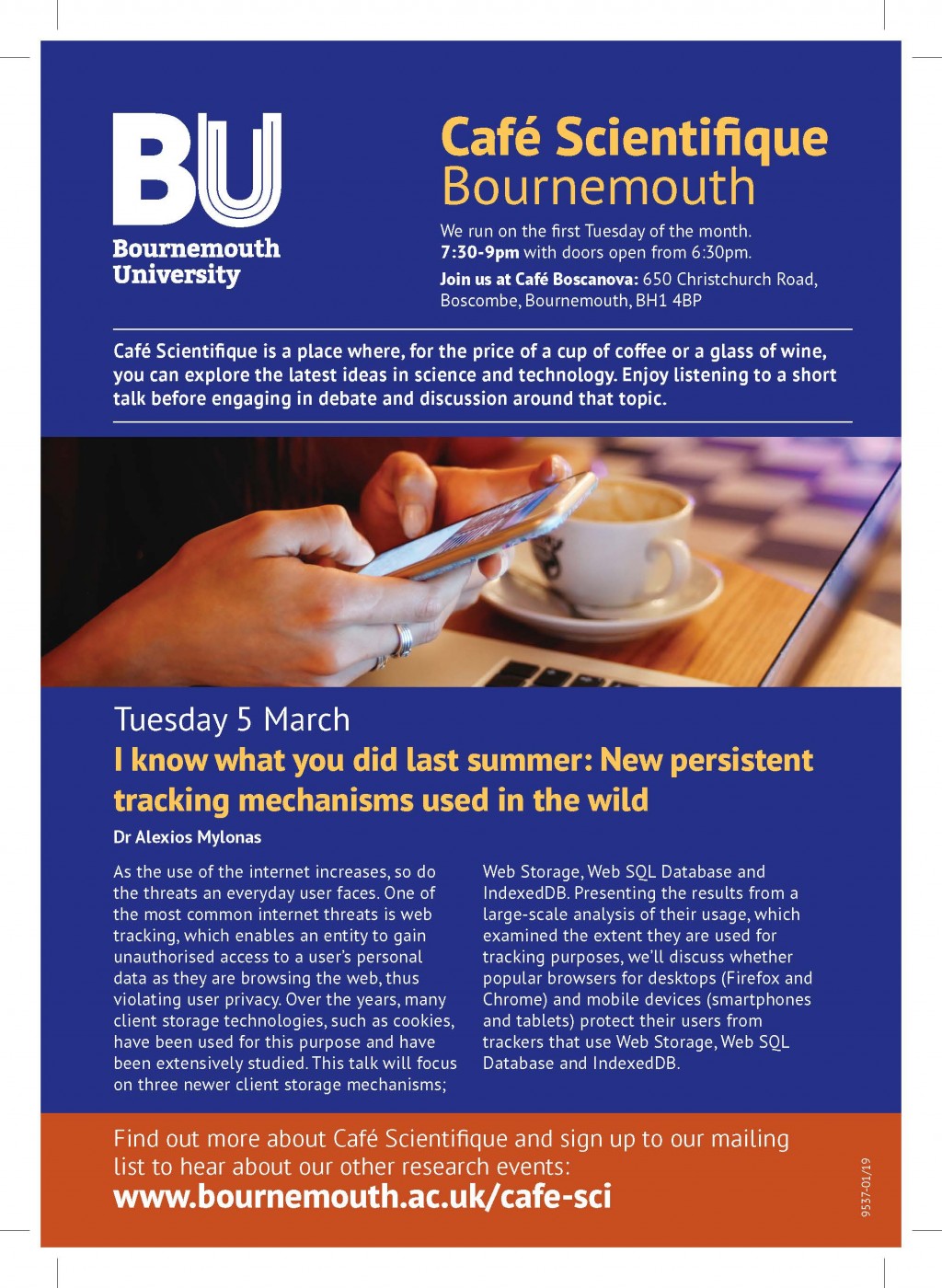

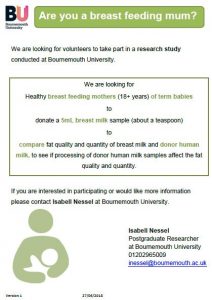



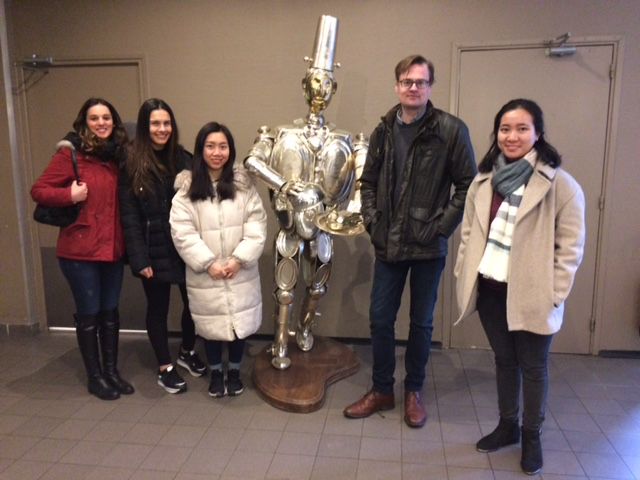











 SPROUT: From Sustainable Research to Sustainable Research Lives
SPROUT: From Sustainable Research to Sustainable Research Lives BRIAN upgrade and new look
BRIAN upgrade and new look Seeing the fruits of your labour in Bangladesh
Seeing the fruits of your labour in Bangladesh Exploring Embodied Research: Body Map Storytelling Workshop & Research Seminar
Exploring Embodied Research: Body Map Storytelling Workshop & Research Seminar Marking a Milestone: The Swash Channel Wreck Book Launch
Marking a Milestone: The Swash Channel Wreck Book Launch ECR Funding Open Call: Research Culture & Community Grant – Application Deadline Friday 12 December
ECR Funding Open Call: Research Culture & Community Grant – Application Deadline Friday 12 December MSCA Postdoctoral Fellowships 2025 Call
MSCA Postdoctoral Fellowships 2025 Call ERC Advanced Grant 2025 Webinar
ERC Advanced Grant 2025 Webinar Update on UKRO services
Update on UKRO services European research project exploring use of ‘virtual twins’ to better manage metabolic associated fatty liver disease
European research project exploring use of ‘virtual twins’ to better manage metabolic associated fatty liver disease